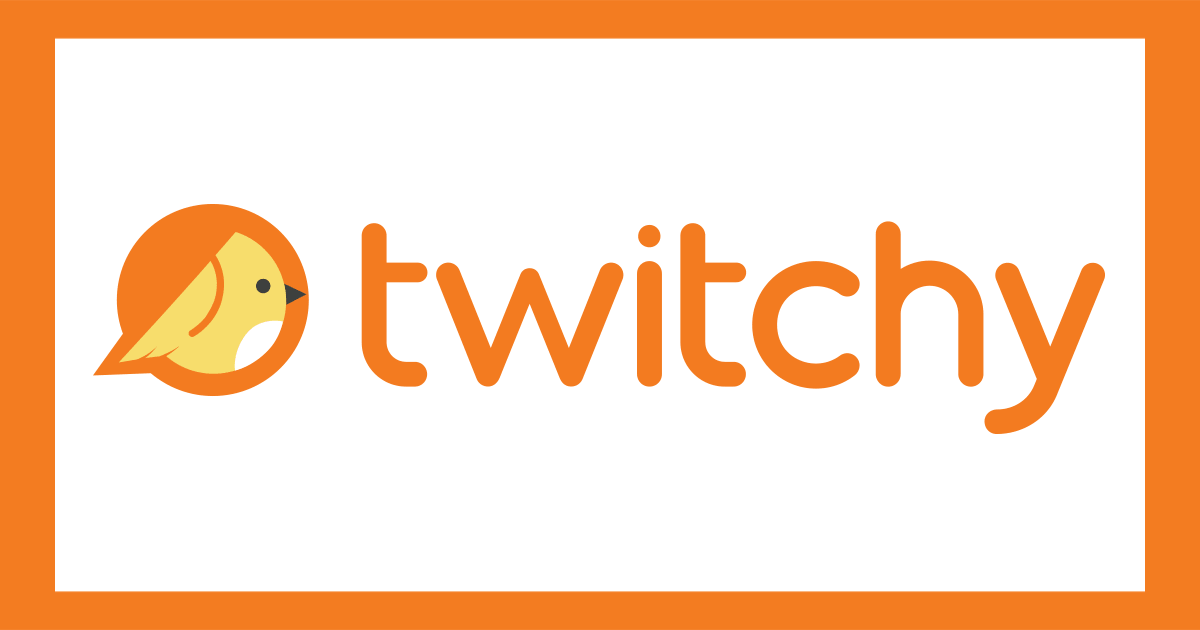After a dump of John Podesta’s emails by WikiLeaks appeared to show CNN contributor Donna Brazile sharing upcoming town hall questions with the Hillary Clinton campaign, Brazile released a four-paragraph statement. The first paragraph was a denial, followed by three paragraphs arguing that the real issue at hand was Russian hacking, not leaked questions.
It turns out that Podesta wasn’t hacked at all, but rather fell for a phishing scam. Nevertheless, the media certainly has turned its full attention to Russian hacking, although reporters might be a bit too anxious to find the next breach.
Breaking: Russian hackers penetrated U.S. electricity grid through a utility in Vermont https://t.co/LED11lL7ej
— The Washington Post (@washingtonpost) December 31, 2016
Russian hackers penetrated U.S. electricity grid through a utility in Vermont https://t.co/kZxcpSC1Ga
— Nicholas Kristof (@NickKristof) December 31, 2016
Whoa!
https://twitter.com/HeatherNauert/status/815319069285031937
Hold up … it looks like the Russians didn’t hack into a Vermont electrical utility, exactly; rather, malware associated with Russian hackers was found on an employee’s laptop.
Update: Vermont utility says it detected malware code in laptop not connected to grid systems https://t.co/DUPAHSGJHv
— The Washington Post (@washingtonpost) December 31, 2016
The presence of malware is still not great news from a security perspective, but as Vermont’s public service commissioner told the Burlington Free Press after the Post ran its story, “The grid is not in danger.”
As the pattern usually goes, note the nearly 3,000 retweets of the Washington Post’s original story, versus the 700 or so for the update.
Maybe not a "non-story" but looks like a hyped story. Seems the Russians may not actually have penetrated the grid, after all. https://t.co/VbhmCMDNkD
— Nicholas Kristof (@NickKristof) December 31, 2016
Recommended
https://twitter.com/connor_mighell/status/815334929877860352
https://twitter.com/jonshiring/status/815291620597739521
what a time to be a journalist https://t.co/zuhH2fXQNv pic.twitter.com/ijuiqT3Szt
— James Taranto (@jamestaranto) December 31, 2016
Seems so lazy that they didn't contact the utility before running the story. Maybe be more skeptical of unnamed US officials
— Lakelady (@marthamkb) January 1, 2017
One would think that those same "authorities say" folks would have been contacted BEFORE freak-out was published, but #YOLO…
— Lucky Eat-Anter (@LuckyEatAnter) December 31, 2016
Print whatever in bold headlines, retract later under cover of darkness.
— Chris Cornwell (@jccornwell) December 31, 2016
WP is great at glamorizing #fakenews and keeping its corrections to the smallest font available
— Charlton (@charlton_ar) December 31, 2016
I was just thinking this year needed one more Fake News freak-out to be absolutely perfect. https://t.co/mbc4z0pSCh
— John Hayward (@Doc_0) December 31, 2016
























Join the conversation as a VIP Member